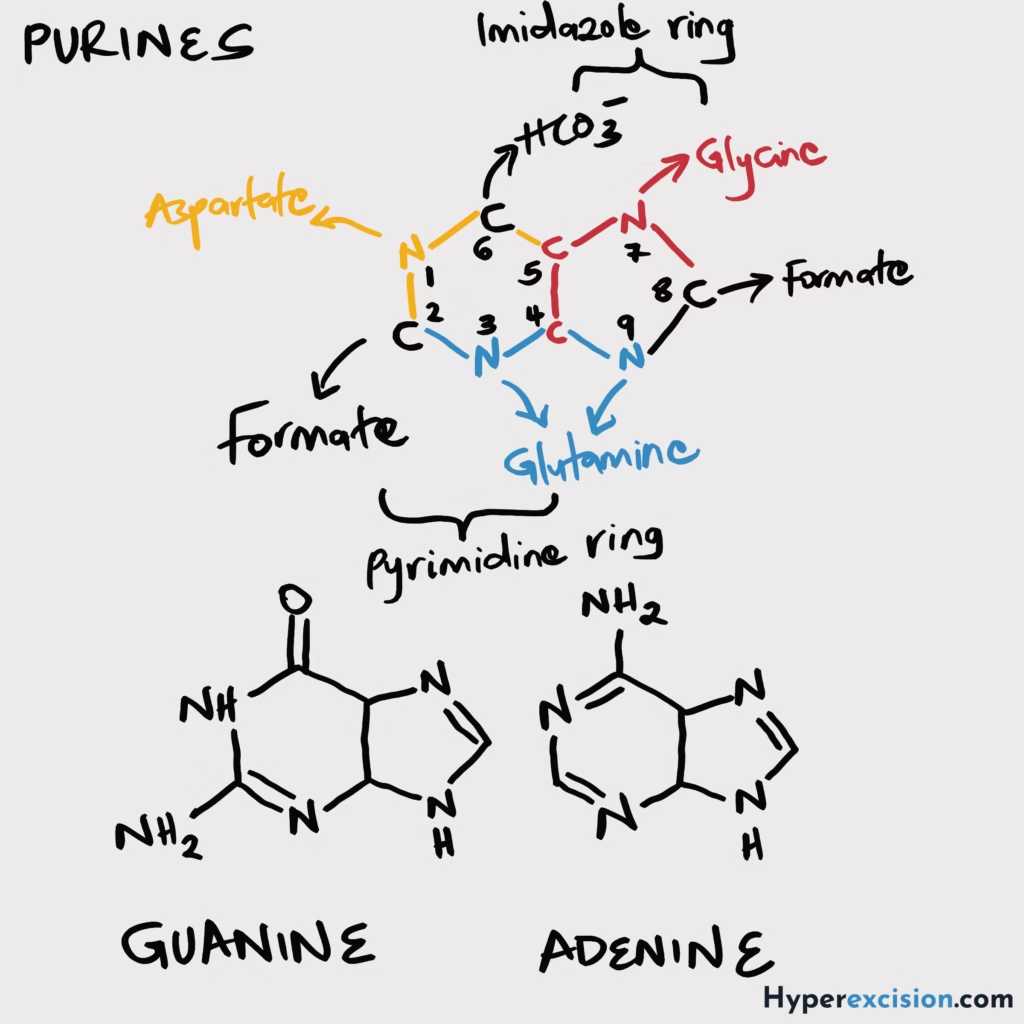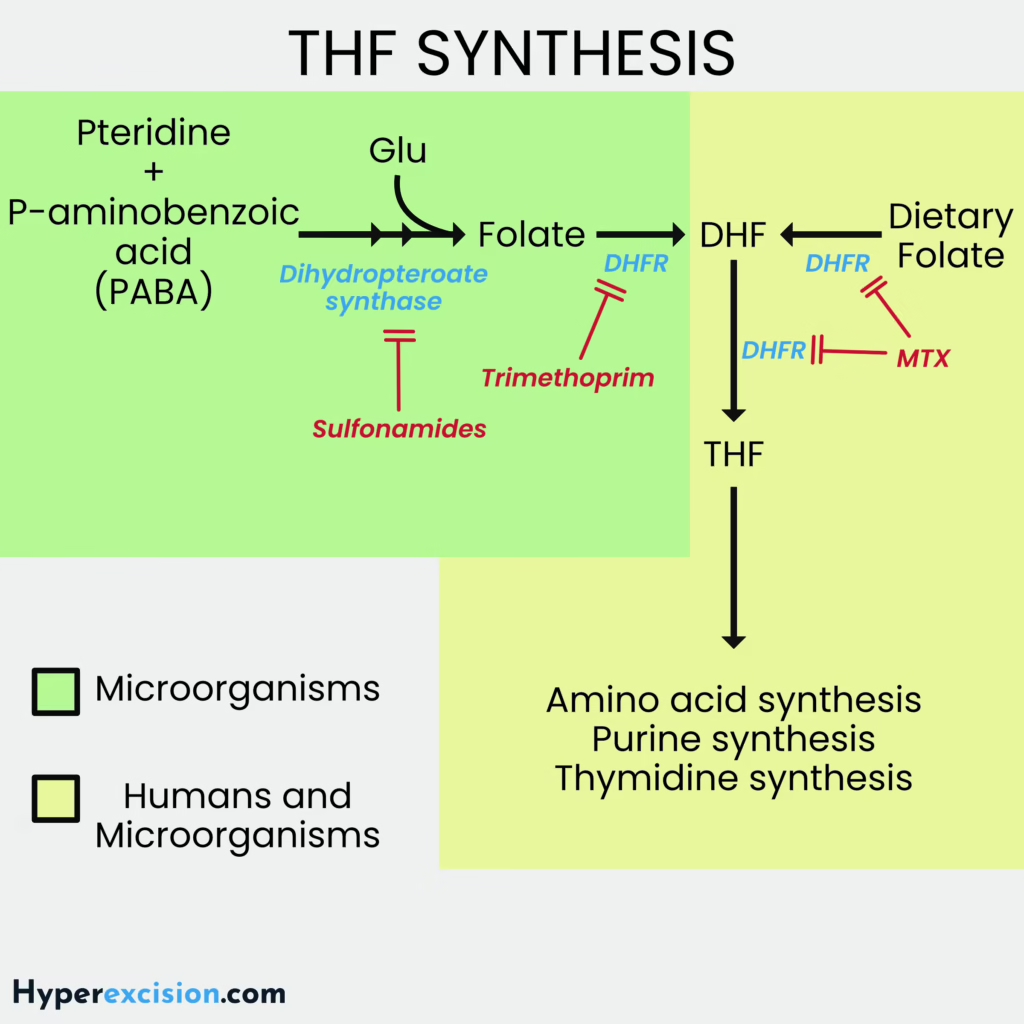Refeeding syndrome
Refeeding syndrome refers to complications that occur as a result of fluid and electrolyte changes during nutritional rehabilitation of severly ill and malnourished patients. One common complication is severe hypophosphatemia. The most common cause of death in refeeding syndrome is cardiac arrhythmia
- Risk factors for refeeding syndrome
- Very low BMI
- Longer duration of starvation
- Co-morbid illness or infection
- Suddenly introducing feeds
- Signs and symptoms
- Weakness
- Neutrophil dysfunction
- Rhabdomyolysis
- Arrhythmia
- Delirium
- Seizures
- Altered mental status
- Coma
- Cardiorespiratory failure
- Other features
- Gastric dilatation (rarely rupture)
- Refeeding oedema
- Refeeding pancreatitis
- Metabolic abnormalities
- Hypokalemia
- Hyposphatemia
- Hypocalcemia
- Hypomagnesemia
- Prevention and management
- Monitor electrolytes, EKG, body weight regularly
- ‘Start low and go slow’ in terms of refeeding i.e. 30 Kcal/kg/day gradually increasing up to 100 Kcal/kg/day
- Aim for a weight gain of 1 – 1.5 kg per week
- Administer Thiamine
- Replace phosphate and other electrolytes



